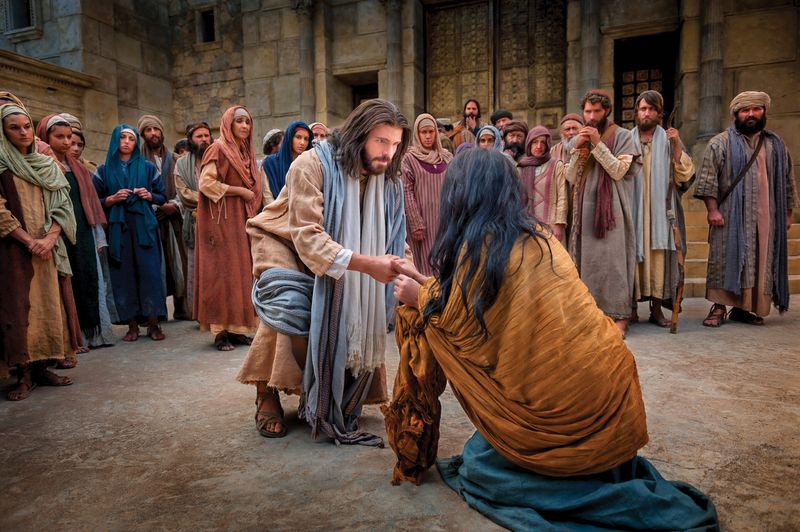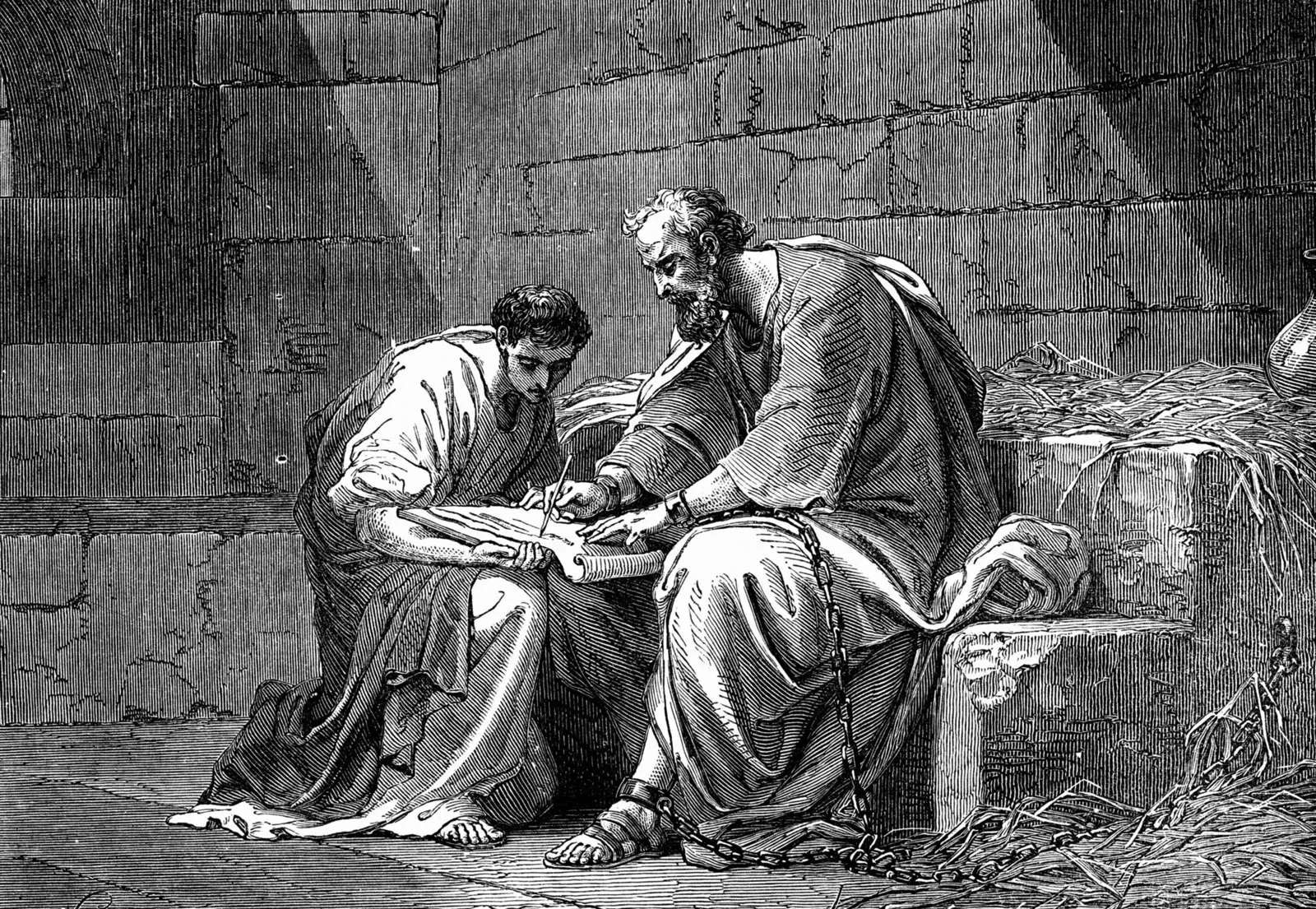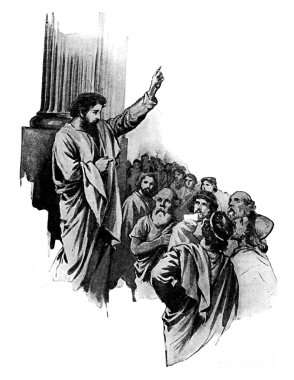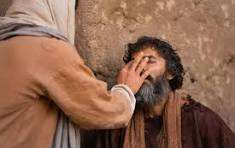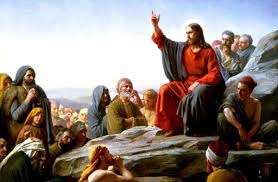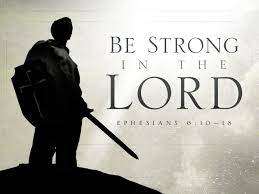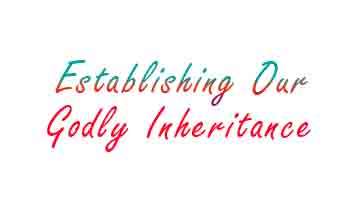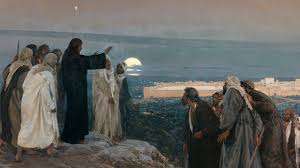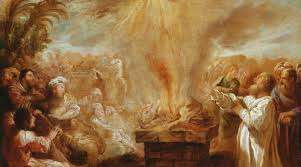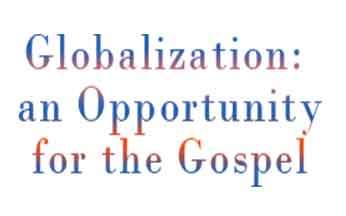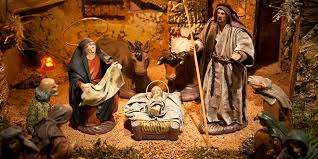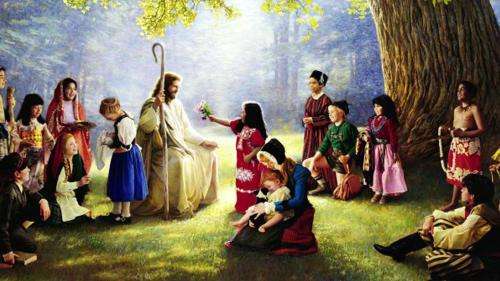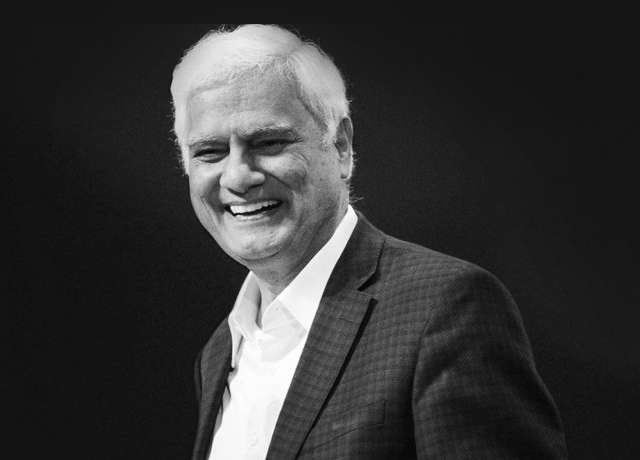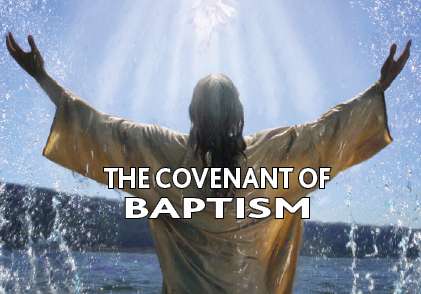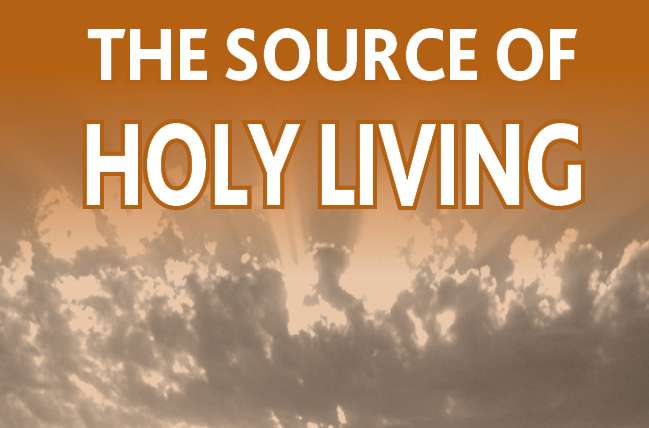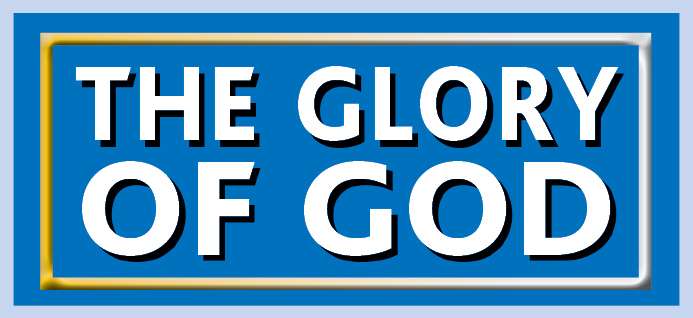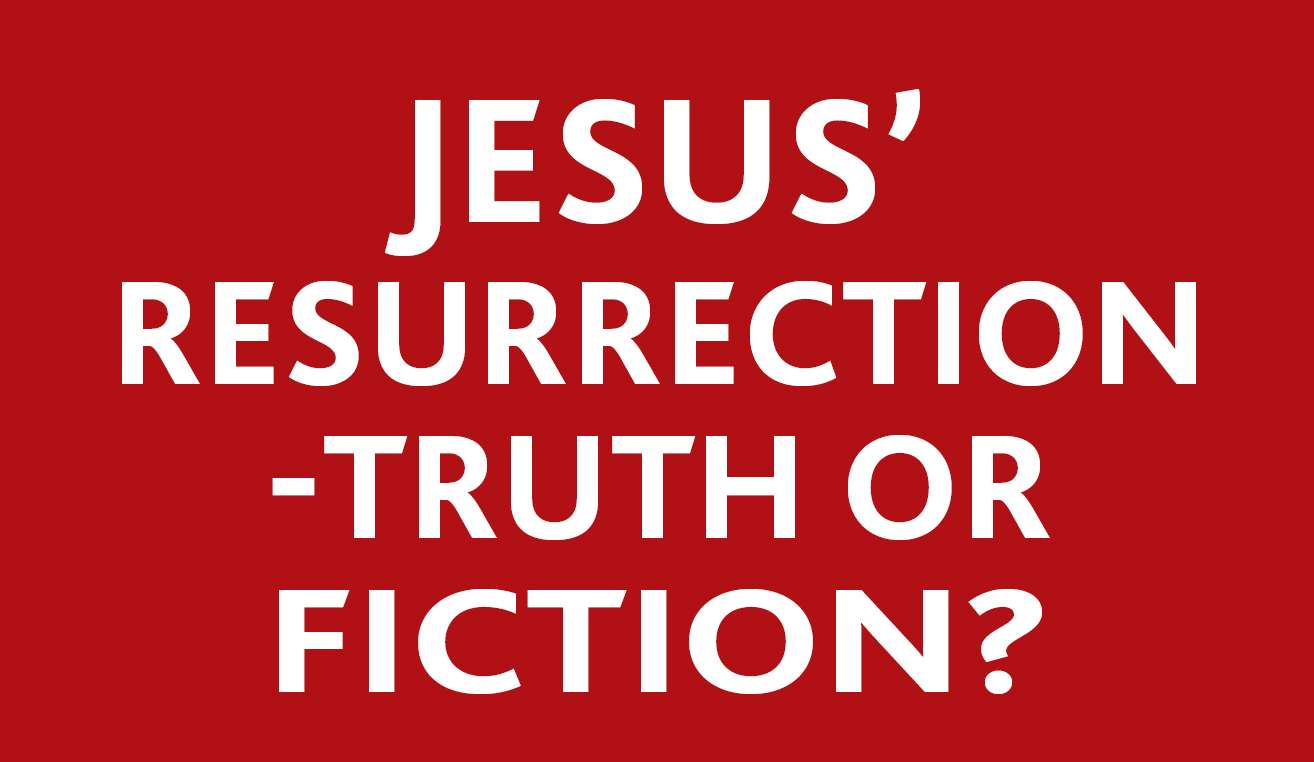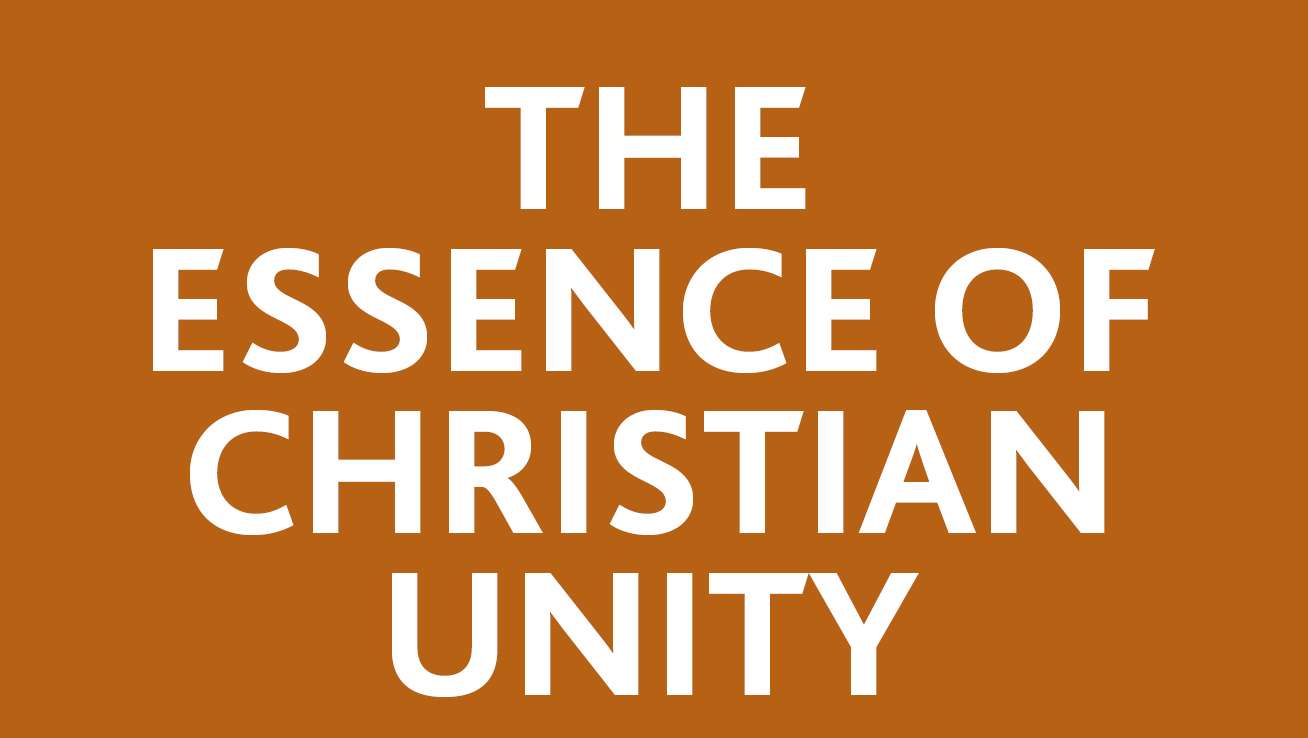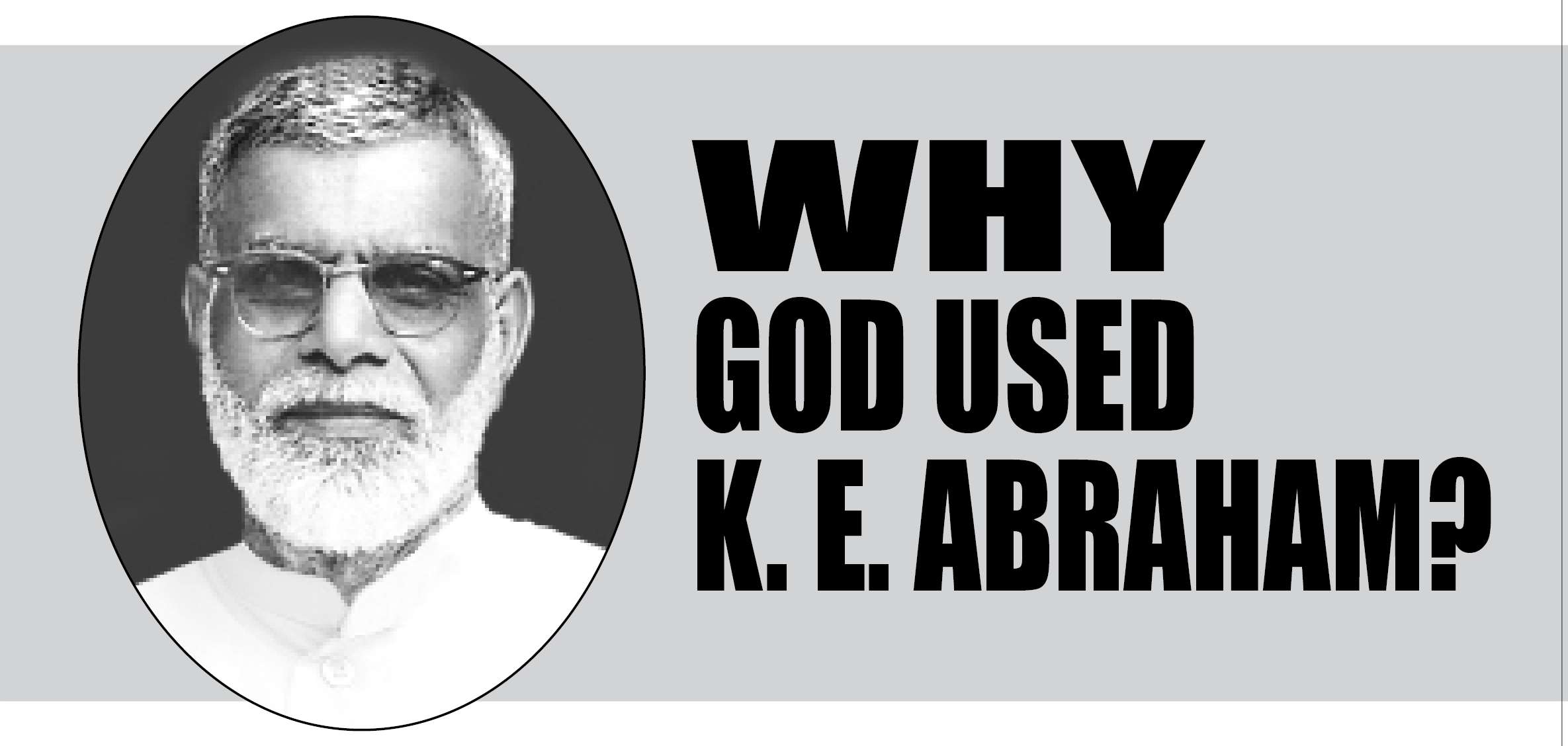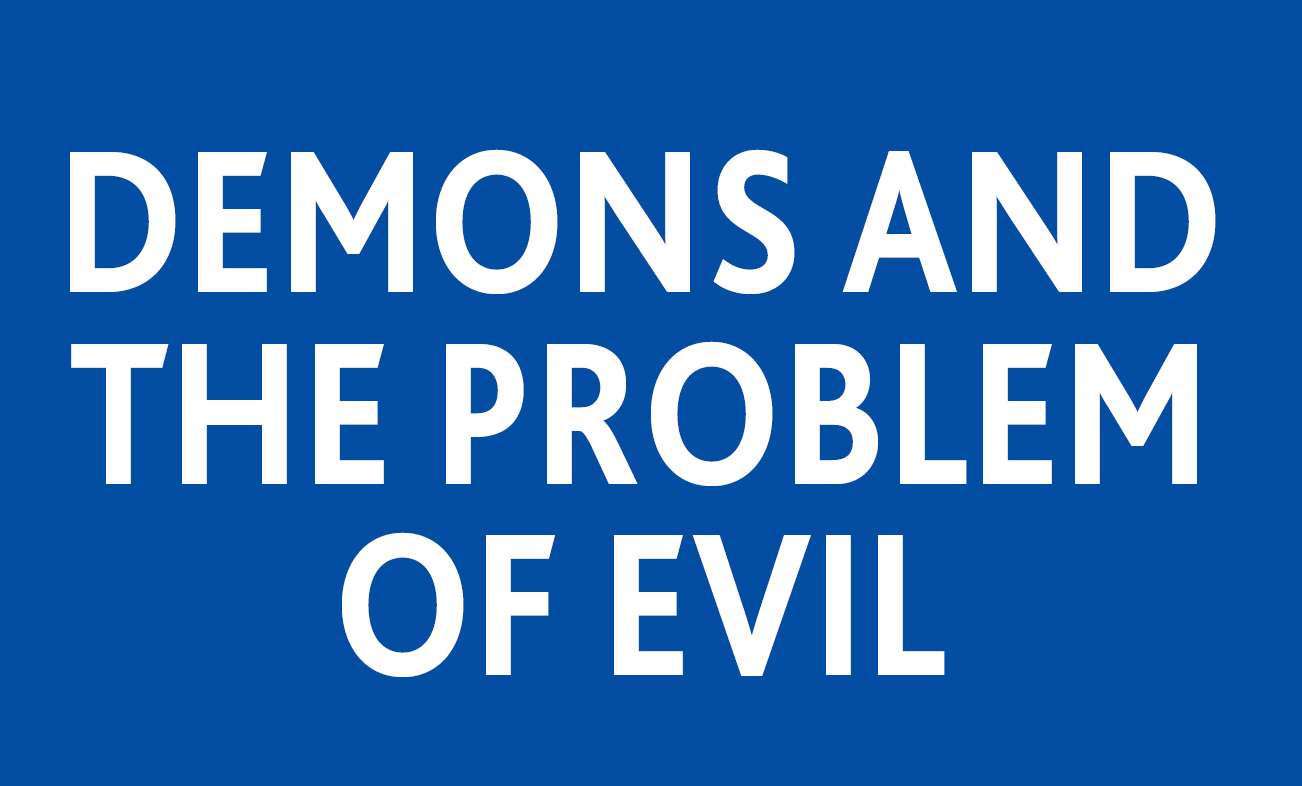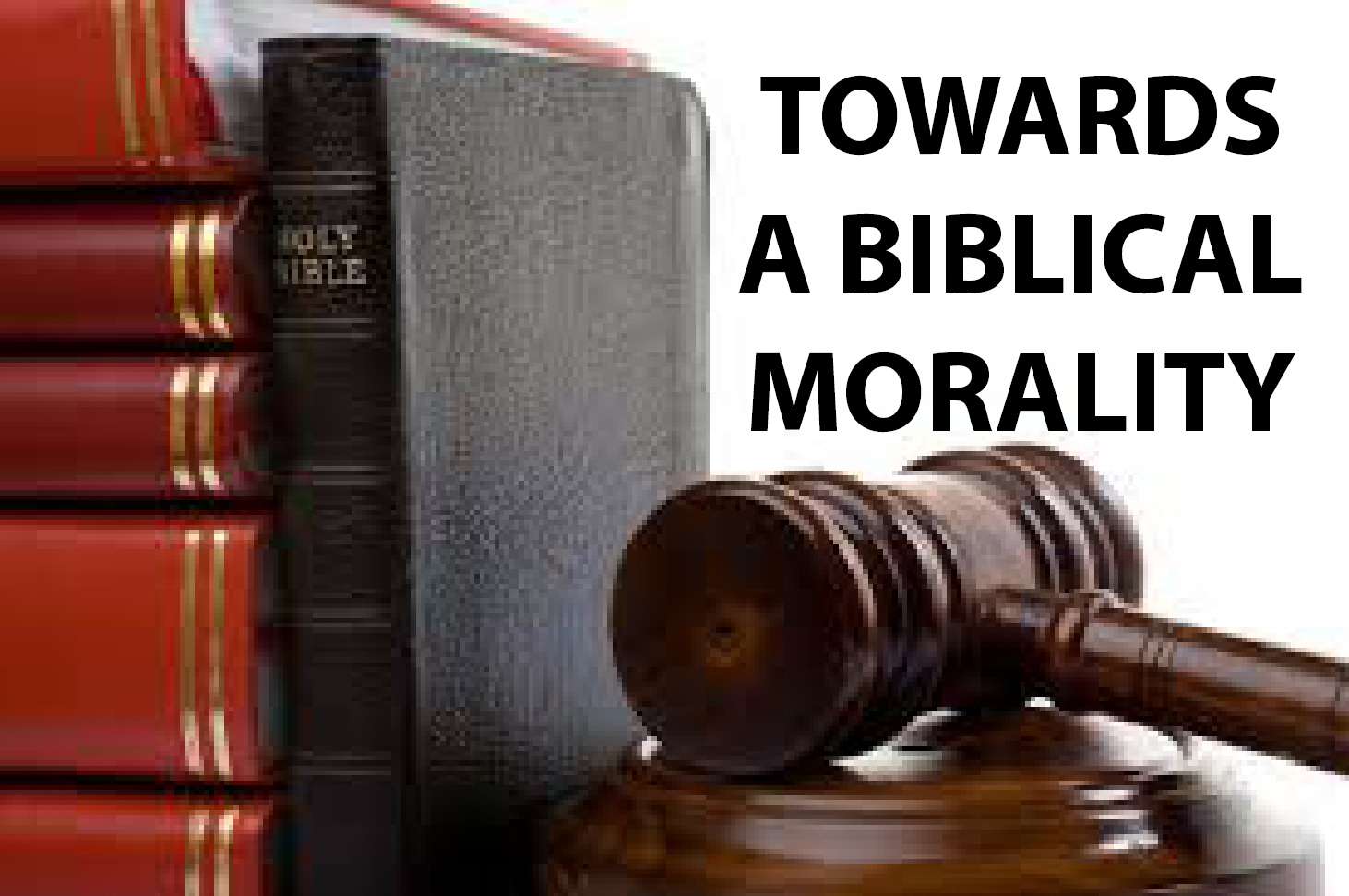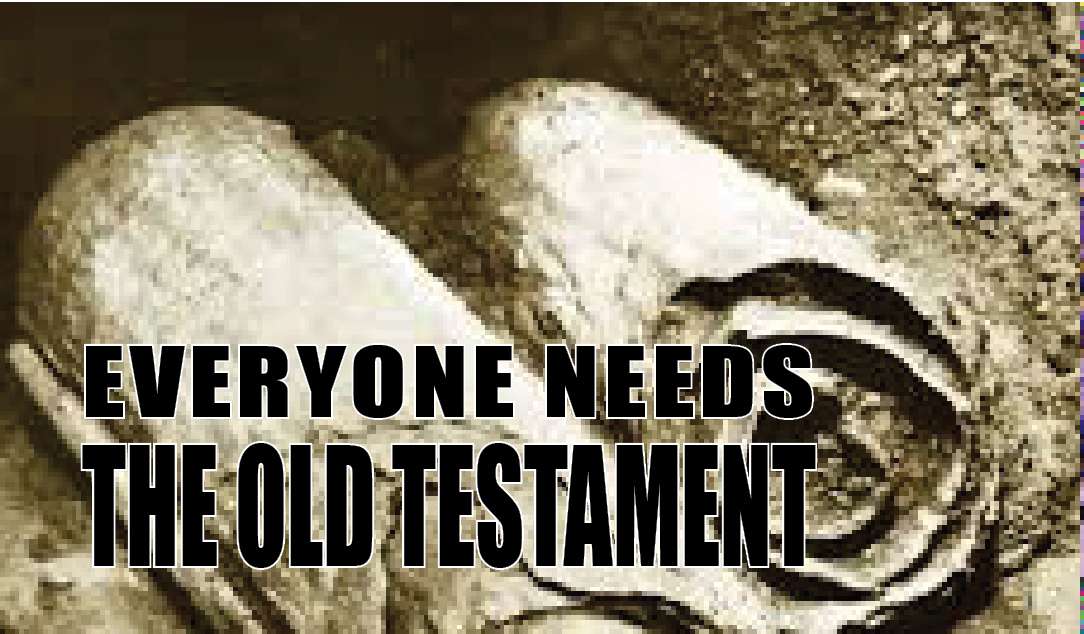

Everyone Needs The Old Testament
Dr. Valson Abraham
A great error is making its way into the church and into our culture as a whole: the belief that we don’t need the Old Testament.
We are told the Old Testament is too old, bloodthirsty and obscure to serve any further purpose. Let us cast aside this relic of the past, we are told. Let us devote ourselves, instead, to preaching of the gospel only. Let us follow the religion of Jesus, the proponent of love, the fatherhood of God and the brotherhood of man. The religion of Jesus, we are told, has nothing to do with this ancient irrelevancy called the Old Testament.
Before we dispose off the Old Testament, let us consider whether the Old Testament is really as irrelevant as some people think. Obviously, the world in which we live today is far removed from the world of 3,400+ years ago when the first five books of the Bible were written. Those people governed themselves by myths. Their technology was comparatively primitive. On the other hand, we live in a scientific age. Look at all the marvelous ways we have improved human life that did not exist in previous generations.
This is highly superficial way of viewing history. Every day, our modern media reveal that in spite of superior technology, human nature has not changed in 4,000 years. We are still subject to the same passions that destroyed ancient Sodom, Ur and Babylon. Our superior technology and scientific knowledge have not spared us from war, oppression and exploitation but has only made us more efficient in carrying out our inhumanity to our fellow man.
The barbarism of the Assyrian armies 3,000 years ago has multiplied in the tens of millions of deaths of World Wars I and II, the Jewish Holocaust, the Stalin purges, China’s Great Leap Forward, Pol Pot’s murder of his own people in Cambodia, the Armenian genocide, ad nauseum. Greed and lust for power, fame and sex are as rampant now as they were in the days of the Pharaohs, only more technically sophisticated.
In spite of centuries of utopian promises by hosts of powerful rulers down through the millennia, the lame remain lame, the blind remain blind, the poor remain poor and the dead remain dead. In spite of our material progress, fear and despair for the future are everywhere.
This stubborn and unchanging quality of human nature is the subject of the Old Testament. That alone continues to make our study of the Old Testament relevant. It is time that we moderns put aside our smug ways and realize that things have not changed as much as we like to think.
Let us get behind the superficial differences in times, places, technology and culture to those things that never change. When we do that, we will see ourselves in the Old Testament people, with all our flaws—and also with all our possibilities - that God intended for all of us before the Old Testament was written. The God who helped Abraham, Moses and David is our God as well. We learn how God can help us when we learn more about them.
God is a holy God. He did not intend for us to live with war, oppression, and exploitation. He did not intend for us to live, enslaved by our greed and addictions. He did not intend for us to remain lame, blind, poor and dead. He wanted to reconcile us to Himself, to set us free, and to free us through His Son, Jesus Christ. He begins to fulfill this grand purpose in the pages of the Old Testament.
What is it that makes the Old Testament relevant for us today in the 21st century?
First of all, the Old Testament tells us how God begins to deal with flawed human nature through the Jewish nation. This means the Old Testament is not a book of myths or philosophical writings. It is a historical record about real people who actually lived—people whose lives and experiences can influence our own if we have eyes to see and ears to hear.
The Old Testament is not just a collection of historical facts about the Jews but a selective record of how God works through the Jews to accomplish His purposes to save men, women and children of every background for a higher purpose. The Jews are God’s chosen instrument to accomplish His salvation for all peoples (Romans 1:16). As Jesus says in John 4:22, “Salvation is from the Jews.”
The Old Testament is a historical record of God’s active intervention in human history. Because the Old Testament is a historical record, it is also a progressive revelation of God’s mind and heart for all men, women and children lost in sin. The Jews were not a perfect people. Through the Jews in the Old Testament as well as the New Testament, we see God at work in ways He also works in flawed people like us.
God never changes. Therefore, what we read in the Old Testament applies to human nature at any time and place, 3,000 years ago, or today, or 3,000 years from today. When we learn to understand the context of the Old Testament, we discover that the Old Testament is surprisingly up-to-date and endless in its applications to the present day and beyond.
We must give ourselves to the study of the Old Testament because Jesus Christ Himself insisted upon it. Jesus is the final authority on such matters, and His word rings loud and clear on this. Jesus was born a Jew, and He gave Himself to the study of the Jewish scriptures, that is, the Old Testament. If Jesus Himself became thoroughly familiar with the Old Testament, who are we to do differently?
Jesus was not just one Jew among many others. The New Testament portrays Jesus as God’s fulfillment of His covenant with the most prominent Jewish ruler, King David. Jesus is the Son of David, the rightful inheritor of David’s scepter as the King who will rule forever (2 Samuel 7:12-14). Matthew 1 and Luke 3 reveal Jesus as a descendant of King David on both Mary’s and Joseph’s side. As descendant of King David, He will become King of kings and Lord of lords, who will establish His kingdom in the New Jerusalem—another Old Testament allusion. None of this makes any sense apart from an understanding of Old Testament scripture.
Jesus does not denigrate the Old Testament but speaks of it in the highest praise. Jesus was speaking of the Old Testament scriptures when he said, “the scripture cannot be broken” (John 10:35). He referred to the Old Testament scriptures as the “commandment of God” (Matthew 15:3) and “the Word of God” (Mark 7:13). He said the Word of God “cannot be destroyed” (Matthew 5:18). He constantly referred to the Old Testament when He talked with others: “Have you not read that which was spoken to you by God?” (Matthew 22:31).
In Matthew’s gospel, the writer repeatedly refers to Old Testament prophecies to show how Jesus Christ is the fulfillment of God’s promises to the Jews.
On the road to Emmaus, we are told that Jesus went through the entire Old Testament to show his dejected followers that His death and final glory was the final plan and purpose of God. The record shows us that when they heard these things, their hearts “burned within them.” Their eyes were opened to the true plan and purpose of God in Jesus Christ when they heard Jesus interpret the Old Testament to them. If these followers of Jesus needed the Old Testament to understand who Jesus is, who are we to think we know better?
Just these few examples indicate that Jesus Himself would not subscribe to a “religion of Jesus” that relegates the Old Testament to the trash heap.
Someone has calculated that about 10% of the New Testament consists of either direct quotes or allusions to Old Testament writings. This is probably a conservative estimate. At the very least, there are 224 direct citations from the Old Testament and at least 613 allusions to the Old Testament writings in the pages of the New Testament.**
Elsewhere, early speeches by first century Christians such as Stephen and Peter assume the importance of Old Testament history in setting the foundations for the gospel they preached.
Throughout the apostle Paul’s writings, he constantly refers to Old Testament scriptures. In his Book of Romans alone, he makes 100 quotations from the Old Testament coming from 16 different Old Testament books. He sees Jesus Christ as the key that opens up the door to the full meaning of Old Testament scriptures.
His well-known passage on justification by faith found in Romans 1:17 is an allusion to Habakkuk 2:4. His discourse on the faith of Abraham in Romans 4 is based upon Genesis 15:6. He compares and contrasts Adam and Christ in Romans 5. In Romans 9:11, we find many Old Testament references in Paul’s discourse on the mystery of salvation.
Someone may object that Paul’s Old Testament references are not given word-for-word as we find them in the original Old Testament passages. But Paul does not quote scripture in any way that violates the rules of his day. Paul, a Jew, was trained in the school of Gamaliel, a leading authority in the ruling Jewish Sanhedrin, and so he would have done nothing careless to provoke the ridicule of Jewish scholars of his day. But this matter does not detract from the fact that in his revelation and exposition of the gospel, Paul depended upon the Old Testament to clarify the meaning of the gospel.
The writer of the Book of Hebrews speaks of Jesus Christ in relation to the fulfillment of the Old Covenant and His perfect sacrifice, His superiority to the great leader, Moses, his superiority to the Aaronic priesthood. None of these things make any sense apart from a thorough understanding of the Old Testament scriptures that describe them in detail.
The writer of Hebrews also holds up many Old Testament men and women as examples of faith that we of the New Testament covenant should emulate: Abel, Enoch, Noah, Abraham, Sarah, Isaac, Jacob, Joseph, Moses, (and by allusion, Joshua), Rahab, Gideon, Barak, Samson, Jephthah, David, Samuel and “the prophets.” Again, we cannot make these people our examples in faith unless we study them in the Old Testament.
We could write many theses and books on the influence of the Old Testament upon the New Testament. We could use many hundreds of other examples besides the ones we have used here. The truth is that without the Old Testament there could be no New Testament. Yes, there are debatable and controversial passages in the Old Testament that raise complex issues deserving of our review and detailed examination, but these relatively few passages do not detract from the overall value of the Old Testament for the understanding of the New Testament.
Those who reject the Old Testament for a “religion of Jesus” not only reject the Old Testament but the gospel and person of Jesus Christ proclaimed in the New Testament, who Himself saw the Old Testament as a steppingstone to understanding the full implications of His life and work.
Everyone needs the Old Testament. It is the Word of God. Let us all resolve to become better students of the Old Testament that we may better know Jesus Christ as our Savior, Lord, Messiah and Friend.
**For more detailed study, I refer you to read “Jesus on Every Page” by David Murray.
You will have a Emmaus experience and realize that the Old Testament is full of Jesus.

